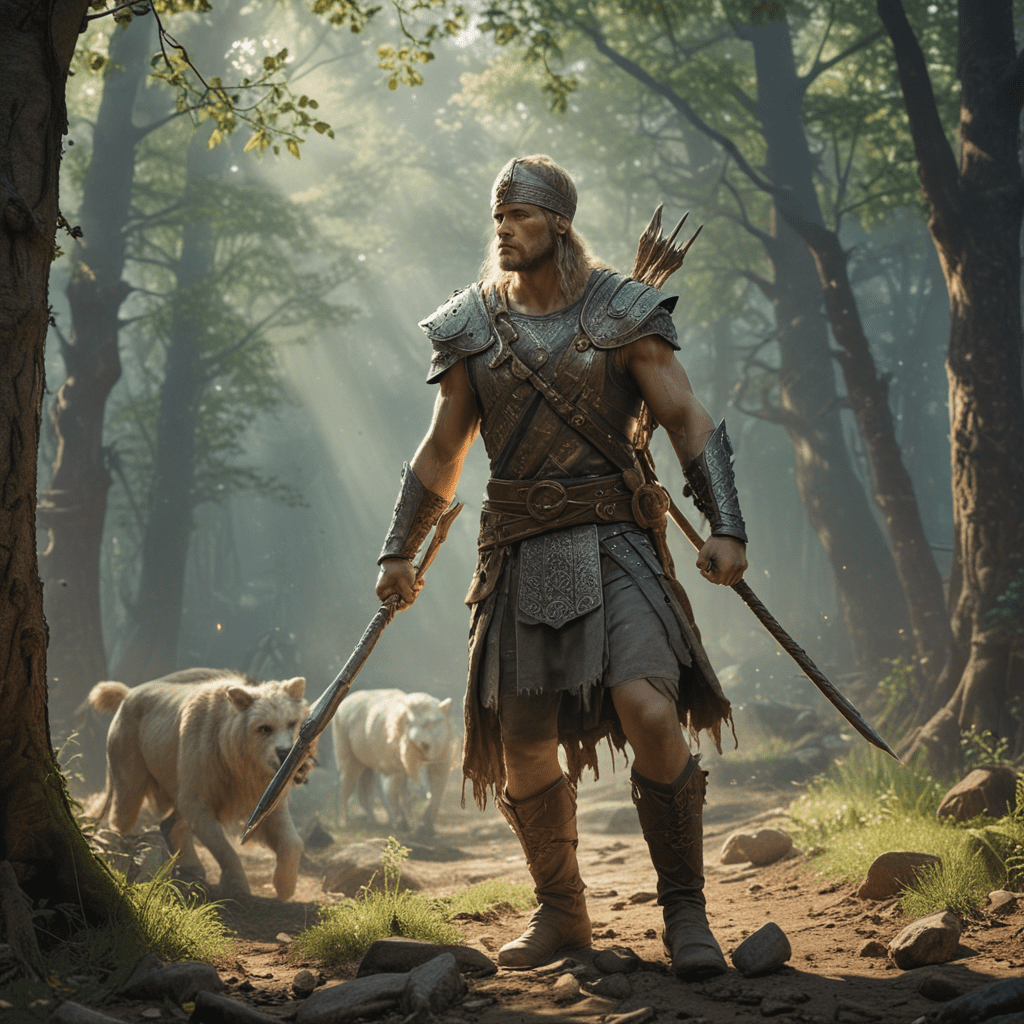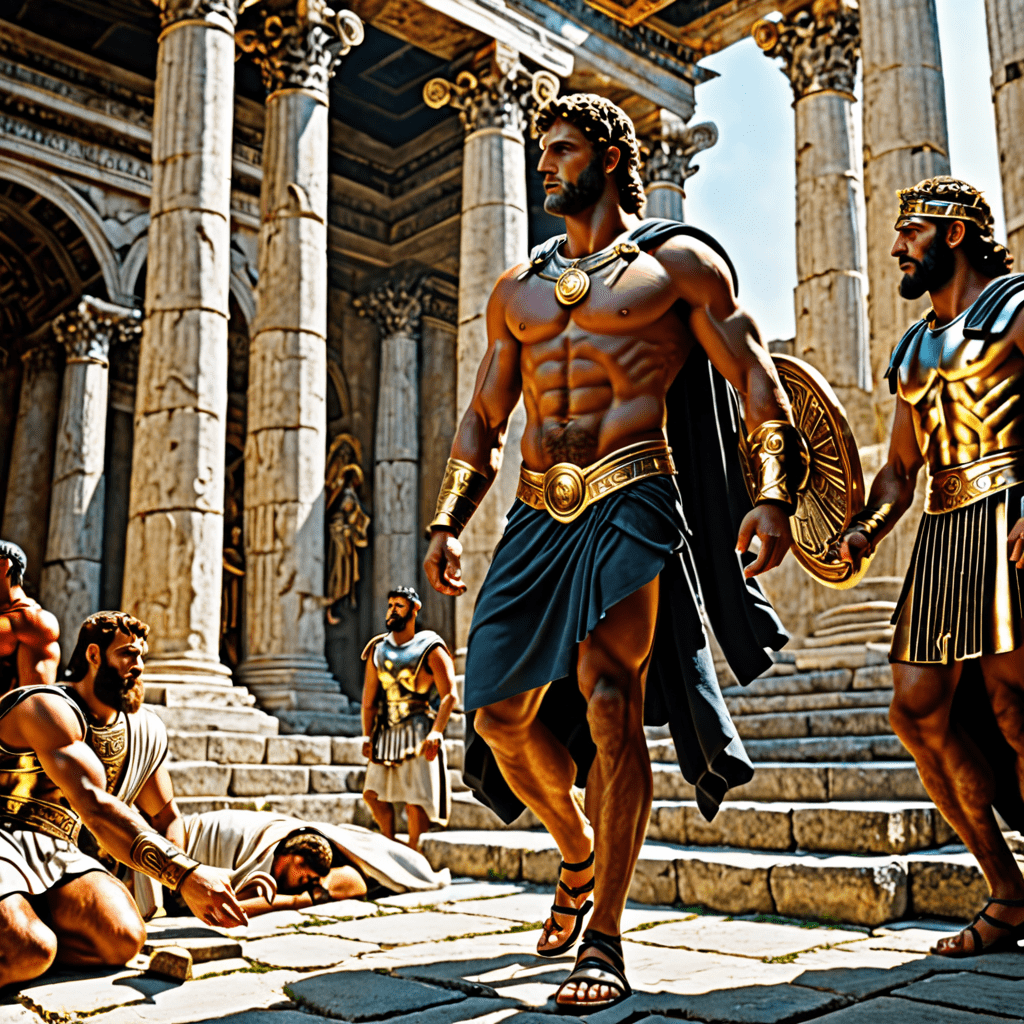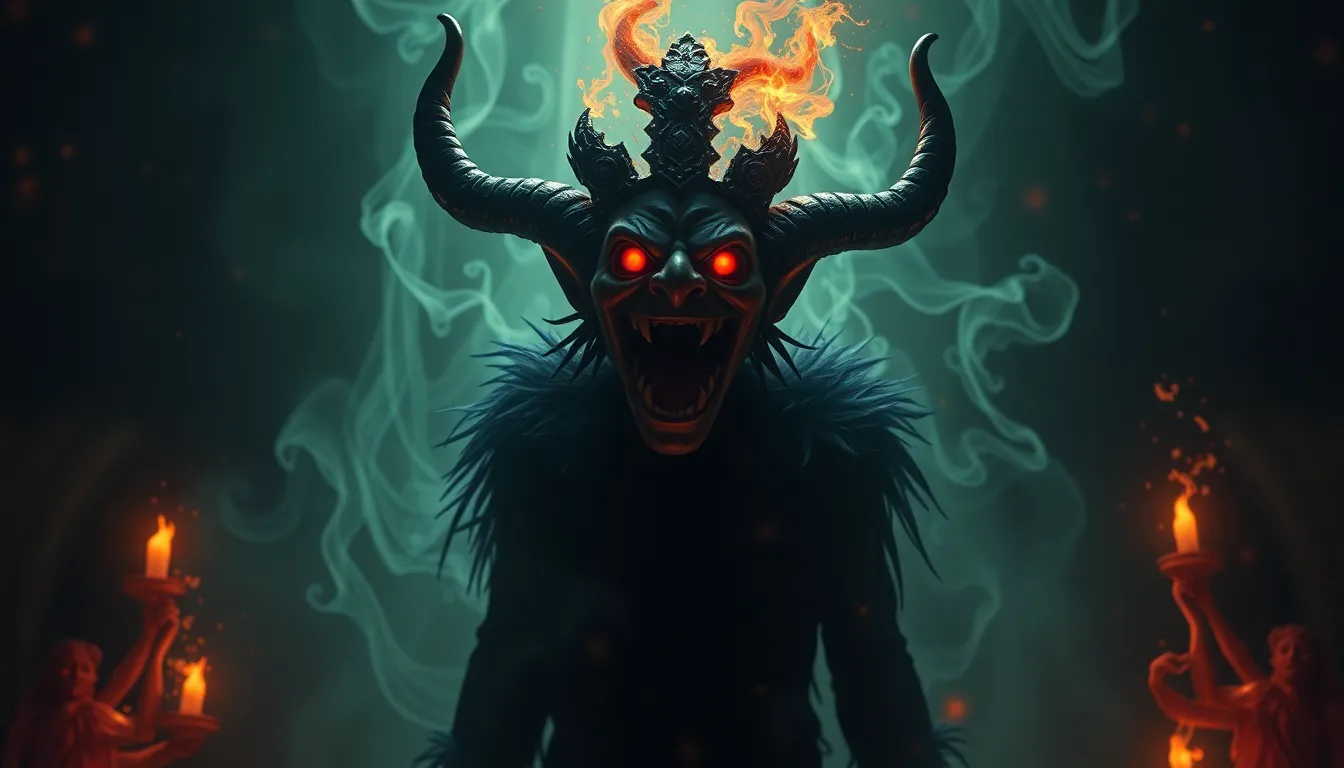Slavic Mythology: Tales of Bravery and Heroism
Slavic mythology, steeped in ancient traditions and beliefs, is a rich tapestry of captivating tales that celebrate bravery, heroism, and the triumph of good over evil. Originating from Eastern and Central Europe, this captivating mythology has left an enduring legacy through its enchanting stories, fascinating deities, and beloved heroes.
Origins and Background of Slavic Mythology
The origins of Slavic mythology can be traced back to the Proto-Slavic period, a time when Slavic tribes shared a common culture and language. Over time, these tribes migrated and settled in various regions, resulting in the emergence of distinct Slavic mythologies with regional variations. Despite these differences, certain core elements and deities remained consistent across Slavic cultures.
Major Slavic Gods and Their Roles
Slavic mythology features a pantheon of diverse gods, each embodying specific aspects of nature and human existence. Among the most prominent deities are:
Perun: God of Thunder and War
Perun, the mighty god of thunder and war, is revered as the protector of the heavens and the ruler of storms. His wrathful temperament is reflected in the crashing of thunder, while his protective power is symbolized by the lightning bolts he wields.
Veles: God of the Underworld and Cattle
Veles, the enigmatic god of the underworld and cattle, embodies the duality of life and death. He is associated with the underworld, the realm of the ancestors, and is believed to guide souls into the afterlife. Additionally, Veles is revered as the protector of cattle and the patron of wealth.
Yarilo: God of Sun and Fertility
Yarilo, the vibrant god of the sun and fertility, represents the life-giving forces of nature. He is associated with the warmth of the sun, the fertility of the earth, and the passion of love. Yarilo's arrival is celebrated in springtime festivals that honor his rejuvenating powers.
Slavic Heroes and Their Legends
Slavic mythology is replete with tales of courageous heroes who embody the values of bravery, strength, and cunning. Among the most renowned heroes are:
Ilya Muromets: The Mighty Warrior
Ilya Muromets, the legendary bogatyr (heroic warrior), is renowned for his immense strength and unwavering courage. Paralyzed from childhood, Ilya is miraculously healed by three holy elders and embarks on a journey to defend the Kievan Rus against enemies. His exploits are celebrated in numerous tales, where he confronts giants, dragons, and treacherous foes.
Dobrynya Nikitich: The Noble Warrior
Dobrynya Nikitich, the epitome of chivalry and loyalty, is another beloved Slavic hero. A skilled diplomat and warrior, he serves as an advisor to Prince Vladimir of Kiev. Dobrynya's tales showcase his intelligence, cunning, and unwavering devotion to his people. His most famous exploit is the defeat of the dragon Zmey Gorynych, a formidable creature that threatened the realm.
Alyosha Popovich: The Cunning Warrior
Alyosha Popovich, the youngest and most cunning of the three heroes, compensates for his lack of physical strength with his sharp wit and resourcefulness. A skilled archer and swordsman, he relies on trickery and deception to overcome his adversaries. Alyosha's adventures often involve outsmarting powerful foes and winning the favor of beautiful maidens.
Slavic Beliefs and Practices
Slavic mythology permeated every aspect of Slavic life, influencing their beliefs, practices, and festivals.
Rituals and Festivals
Slavs held elaborate rituals and festivals to honor their gods and celebrate the changing seasons. The most important festivals marked the solstices and equinoxes, as well as significant events in the agricultural calendar. These festivals involved feasts, dancing, and sacrifices to ensure divine favor and good fortune.
Magic and Supernatural Beings
Slavic mythology is rich in magical beliefs and supernatural beings. Leshies, spirits of the forest, guarded the trees and animals within their realm. Rusalkas, beautiful water spirits, lured unwary travelers to their watery graves. Slavic folklore also included vampires, witches, and werewolves, reflecting the belief in the coexistence of the natural and supernatural worlds.
Frequently Asked Questions (FAQs)
- What is the origin of Slavic mythology?
Slavic mythology originated from the Proto-Slavic period, with roots in ancient Indo-European beliefs.
- Who is the most important god in Slavic mythology?
Perun, the god of thunder and war, is considered the most powerful and revered deity in Slavic mythology.
- What are the main themes of Slavic mythology?
Slavic mythology revolves around themes of bravery, heroism, the triumph of good over evil, and the interconnectedness of nature and the supernatural.
- Who are the most famous Slavic heroes?
Ilya Muromets, Dobrynya Nikitich, and Alyosha Popovich are the most renowned Slavic heroes, celebrated for their bravery, cunning, and loyalty.
- How did Slavic mythology influence Slavic culture?
Slavic mythology profoundly influenced Slavic beliefs, practices, festivals, and folklore, shaping their worldview and cultural identity.




